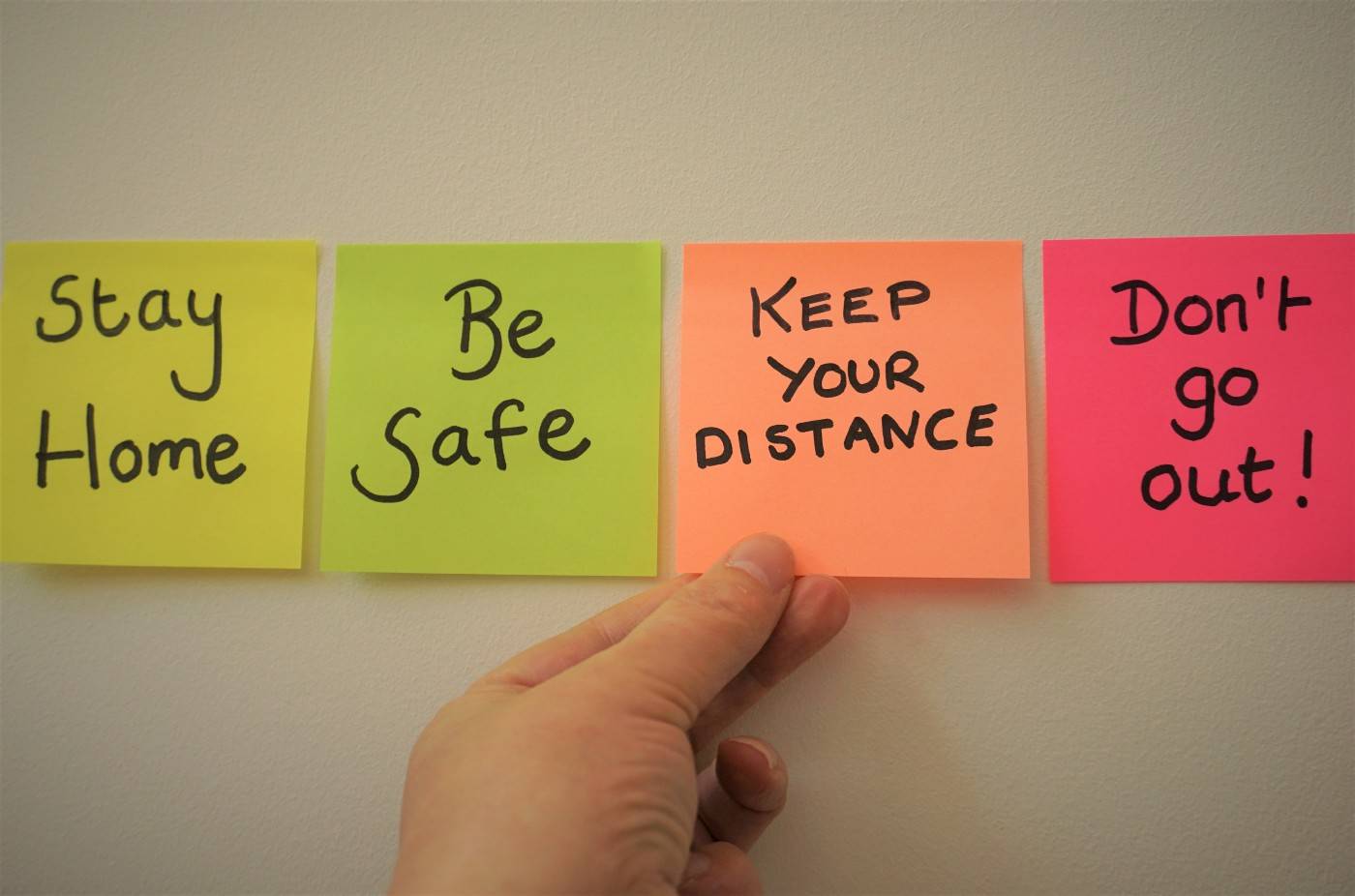Submitted by the Washington State Department of Health
Have you heard of “chickenpox parties?” Before there was an effective vaccine, sometimes people brought their kids together to play with a child who was sick with chickenpox so they could try to control when their child got chickenpox and recovered. Even for chickenpox, this was not a great idea, but purposely exposing yourself or others to COVID-19 is a truly terrible idea.
Here are 10 reasons to definitely not have a “COVID-19 party”
1) Herd immunity best comes from a vaccine. Herd immunity is the idea that when a large proportion of the population is immune to a disease, this stops the spread of that disease within the population. This is great public health, and we try to achieve these levels of protection against diseases through vaccination. COVID-19 is too dangerous to just let the disease circulate until most people have had it. Besides, even if most of the adults got COVID-19 and were immune, the disease could still circulate among children, like measles, mumps, and polio did before there were effective vaccines.
2) Immunity may wane over time. At least after you recovered from chickenpox you were immune. According to Johns Hopkins School of Public Health, if the virus that causes COVID-19 is like other coronaviruses that infect humans, it’s likely that people who get infected will be immune for months or years, but not forever. There is definitely no advantage to getting COVID-19 “early” only to get it again in several months or years.
3) Quicker is not better. We really don’t want a lot of people getting COVID-19 all at once because this risks overwhelming our doctors and hospitals and leaving some people without needed health care. Even if the same number of people ultimately get the disease, they all get better health care if we spread those infections out over time.
4) COVID-19 is deadly. The death rate for COVID-19 is unknown, but current data suggest it is 10 times higher than for the flu, and even higher for people over age 65 and for people with underlying chronic illness.
5) This is not a fun disease to get. The “mild illness” that most of us would get with COVID-19 could still leave you feeling pretty miserable for a long time. You could feel sick for weeks with fever, cough, and trouble breathing.
6) You could get very sick and have to go to the hospital.
7) You could spread the disease to vulnerable people. It’s possible that after getting exposed to COVID-19, you don’t feel very sick at all, but you are still contagious and could get other people very sick.
8) It’s prohibited by the governor’s Stay Home, Stay Healthy order. You know, along with all the other regular parties and gatherings, COVID-19 parties are not allowed.
9) More sick people means more closed businesses. The governor and public health are watching the number of people who get infected with COVID-19 in your community to help decide when the state can move to the next phase of reopening. More sick people means we stay closed longer.
10) You’re going to have to explain to public health professionals how you got this. If you get diagnosed with COVID-19, a public health professional will call you to find the people you have had close contact with to test and isolate those folks before they spread the disease to others. We know these public health people. Your health is very important to them. You are not going to want to explain to them why you had a COVID-19 party. So embarrassing.
Practice compassion
Whether the effort is to be exposed to COVID-19, or simply to see friends and family again, we understand the desire to gather. Quarantine is hard and social distancing is extra difficult. Be easy on yourself. Understand that it is normal to feel lonely being cut off from the world even if you’re staying home with family or roommates.
Psychologists are saying loneliness is one of the most common concerns for people’s emotional and mental health during a pandemic. Make time for a virtual party, huddle, or event. Connect via text, video chat, calls, emails, social media, or even old fashioned letter-writing. Take time to fill your emotional and physical reserves. And if you’re struggling, it’s okay to get help.
More information
Information changes rapidly. Check the state’s COVID-19 website for up-to-date and reliable info at coronavirus.wa.gov.
Answers to your questions or concerns about COVID-19 in Washington state may be found at the DOH website. You can also contact the DOH call center at 1–800–525–0127. Hours: 6 a.m.-10 p.m., seven days a week.
For the most up-to-date info on Washington’s response to COVID-19, visit www.doh.wa.gov/coronavirus.




